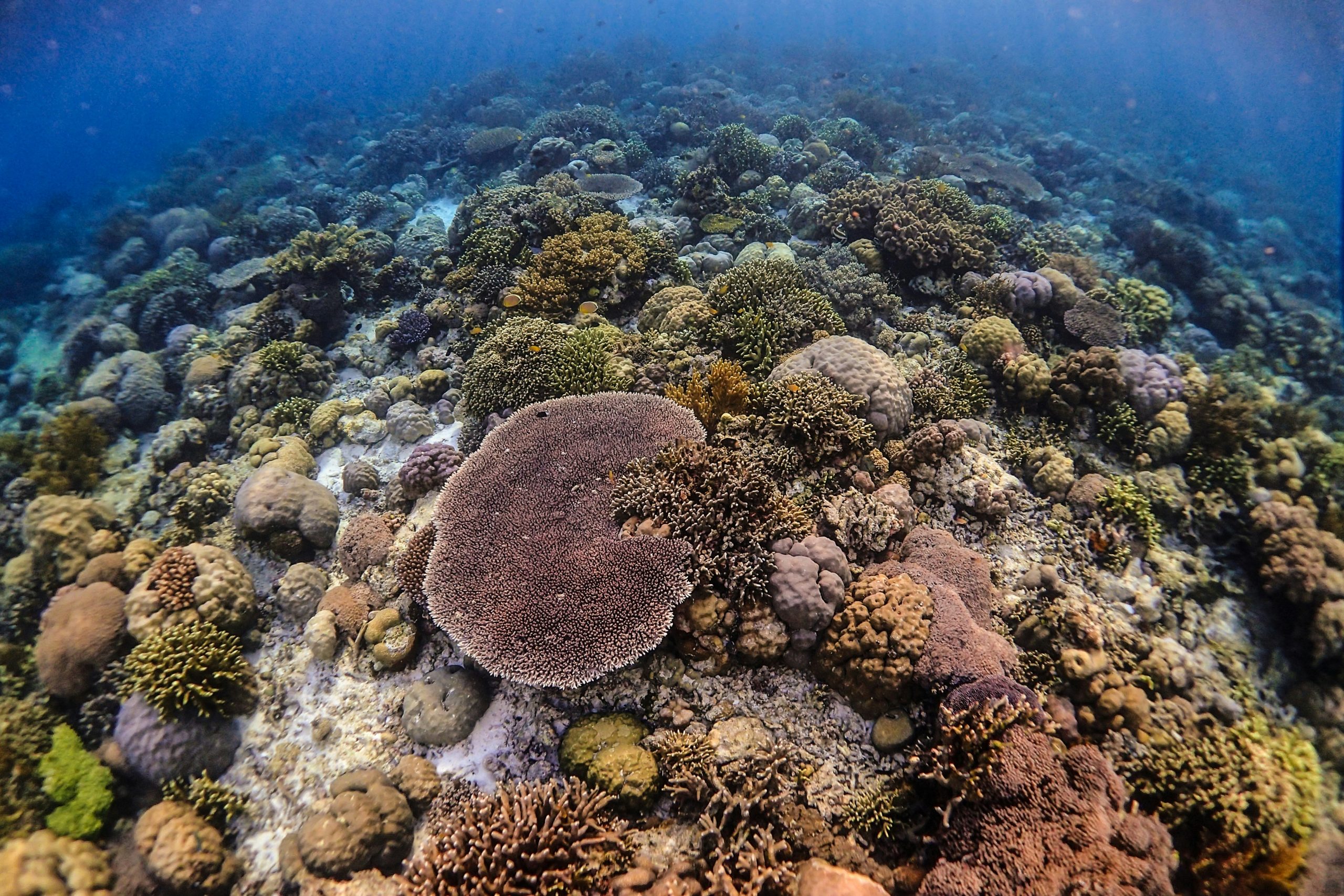
Tourism as a Tool for Marine Conservation
Tourism is one of the sectors with the greatest opportunity for growth and expansion, but it is also vulnerable to various challenges, such as natural disasters and unforeseen events like the COVID-19 pandemic. However, today I want to highlight the relevance and popularity of sustainable tourism, especially its influence on marine conservation.
Does Sustainable Tourism Exist?
If you are a regular reader, you will know that we have often referred to contemporary society as environmentally conscious consumers. This is confirmed by a note published by the German online statistics portal Statista, citing that approx 44% of respondents consider environmental protection one of the most important issues for their country. According to 2022 estimates, the sustainable tourism market was projected to grow annually by 33.3%, suggesting that by 2024, the percentage much be higher. Sustainable tourism involves respectful tourism activities that generate minimal environmental impact.
How Does Marine Conservation Contribute to Sustainable Tourism?
The reality is that, according to the Ocean Panel, coastal and marine tourism represents at least 50% of global tourism. This is largely attributed to the quality of ecosystems, which are crucial for attracting visitors. This presents a significant opportunity for countries, especially in the Caribbean, where tourism demand is primarily focused on coastal areas, particularly islands. It is crucial to highlight that even the World Tourism Organization (WTO) considers optimal use of environmental resources as one of the keys to developing tourism. Therefore, it is necessary to maintain essential ecological processes and help conserve nature.
We can conclude that marine conservation tourism is a profitable industry that promotes the protection of marine ecosystems while providing unique educational experiences. According to the NGO Coral Reef Alliance, people from all over the world visit coral reef destinations annually. Tour operators can collaborate on reef restoration projects, promote responsible diving and snorkeling practices, and educate tourists about the importance of not damaging coral. This not only contributes to the global economy by generating jobs and supporting local businesses but also ensures the sustainability of tourism. In summary, well-managed tourism can be a valuable tool for marine conservation.



